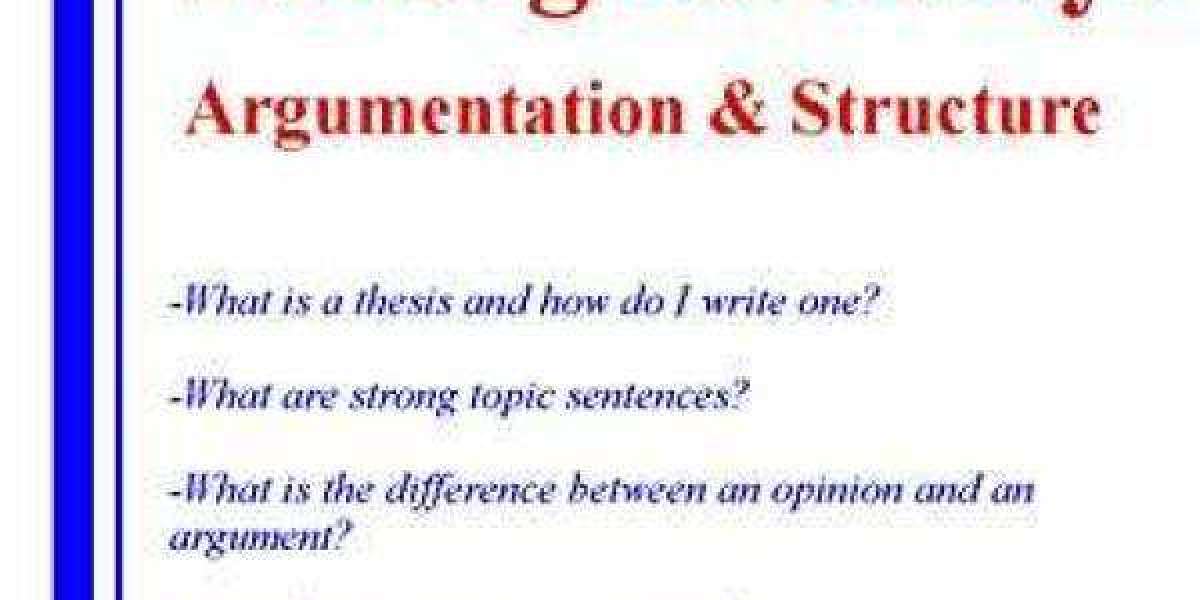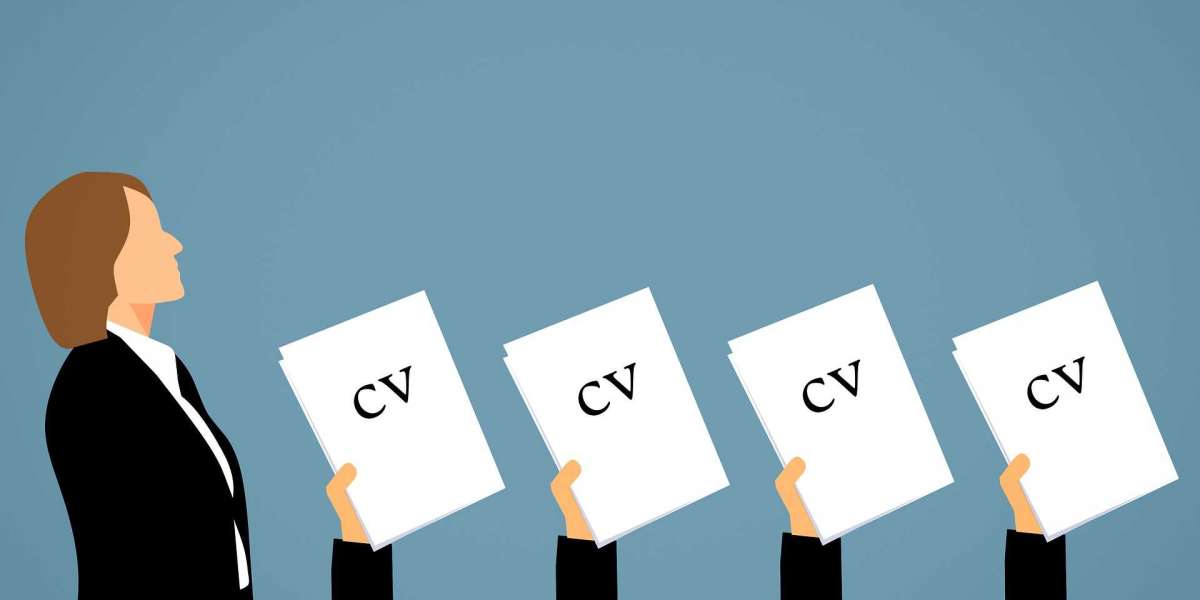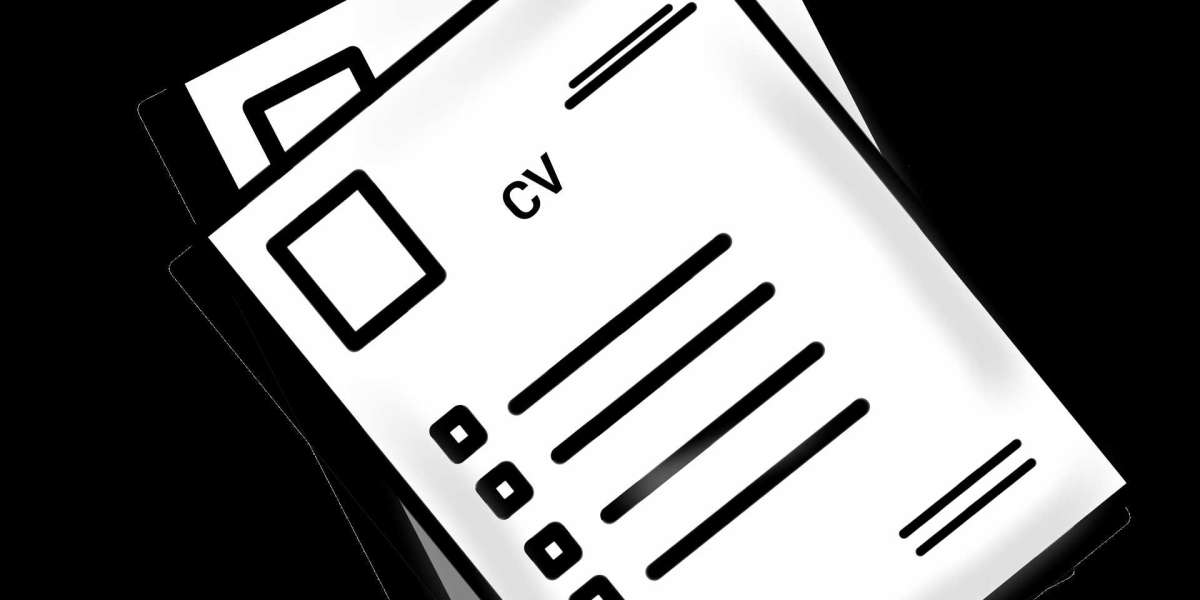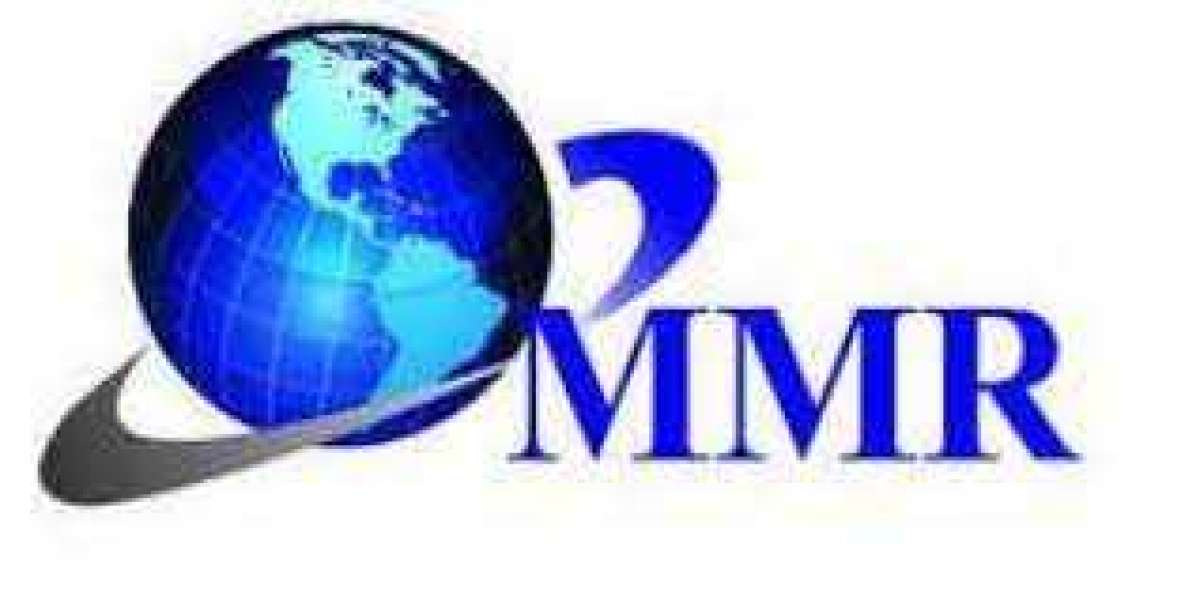What Makes a Great Resume Why You Need One
A resume is a written document that summarizes your skills, education, and work experience. A resume is a document that you use to apply for jobs. It’s important to know how to make a great resume because it will help you get the job you want. The first thing to do when writing your resume is to think about what type of job you want. For example, if you are applying for an office job then it’s important that the format of your resume matches the format of other resumes in that industry. If you are applying for an IT position then it’s important that there are no typos or grammatical errors in your resume because this could be seen as unprofessional and could disqualify you from the position. There are many things that make up a good resume including how well-organized it is and how well-written it is but there are also 5 key things that should always be included. A skills section This is where you list your job-related skills and abilities related to the position that you are applying for. For example, if you need to be a good writer then this would be somewhere in the resume. You should also mention any other skills that compliment this position. Some examples of compliments would be computer literacy, ability with Excel spreadsheets, or public speaking experience. An education section This is where you list all of your educational information.
What are the Must-Have Sections for Your Résumé?
The first section of your resume should be a summary of who you are and what you do. It should include your current job, a brief overview of your previous experience, and what sets you apart from other candidates. The second section should list your education. If you're still in school, this is where to put the name of the school and the degree that you're working towards. If you've already graduated, list the degree that you have earned and any honors or awards that show off your academic strengths. The third section is for internships and volunteer experience. This is where to list any relevant experience that doesn't fit into one of the other sections on this page such as work experience or education. Keep it brief - just enough to let employers know what kind of skills they might expect if they hire you! Here is an example of a section from a resume:Professional ExperienceLegal Assistant, American Legal Defense Fund, Washington D.C.2013-PresentManaged the day to day operations of two lawyers and 5 support staff in an office environment. Tasks included researching legal cases, drafting brief memos for the attorneys, taking and managing meetings with clients, assuring meetings went smoothly. Oversaw deadlines for projects assigned to other attorneys and management staff.
How to Write Effective Headings That Showcase Your Experiences Skills
Headings are the first thing a recruiter sees on your resume. They should be concise and descriptive, highlighting the skills and experiences that are most relevant to the job. A good heading will have a title that is clear, concise and specific. It will also include keywords about your skill set and experience that match the job description. It should be followed by a list of bullet points demonstrating your expertise in that area. .The Importance of Headings on a ResumeHeadings are the first thing a recruiter sees on your resume. They should be concise and descriptive, highlighting the skills and experiences that are most relevant to the job. A good heading will have a title that is clear, concise and specific. It will also include keywords about your skill set and experience that match the job description. It should be followed by a list of bullet points demonstrating your expertise in that area. The Importance of Headings on a ResumeHeadings are the first thing a recruiter sees on your resume. They should be concise and descriptive, highlighting the skills and experiences that are most relevant to the job. A good heading will have a title that is clear, concise and specific. It will also include keywords about your skill set and experience that match the job description. It should be followed by a list of bullet points demonstrating your expertise in that area.
Making Sure You're Not Missing Out On The Extra Details That Make Your Résumé Look Professional
A résumé is a document that summarizes your qualifications and experience for a particular job. It is the first impression you give to the employer, so it should be professional. The key to making sure you are not missing out on any details that make your résumé look professional is to take care of all the little things. This includes formatting, grammar, and punctuation mistakes. These mistakes can turn off employers from reading your résumé because they might assume you are not detail oriented enough to work for their company. This section focuses on how to make sure that you are not missing out on any extra details when writing a résumé in order to make it look more professional. The keywords of this section are "résumés" and "professional". The introduction states that a résumé should be professional in terms of its formatting, grammar, and punctuation mistakes. .Résumés should be professional in terms of formatting, grammar, and punctuation mistakes resume tips.








